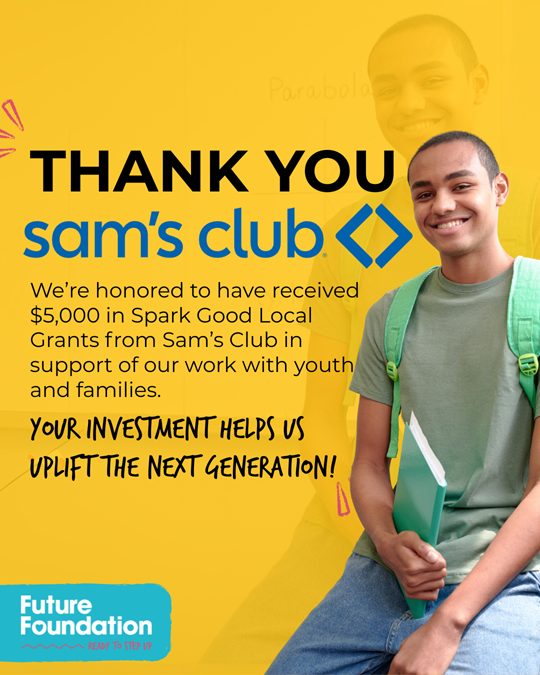During a monthly RealTalk Ambassadors’ meeting, the Ambassadors were asked a question…“how many married couples do you know? There were perplexed countenances, nodding of heads and counting on fingers. Nonetheless, their looks were priceless and a sense of naivety was detected. It was apparent that marriage was a foreign subject to some. The majority of the Ambassadors did not know many married couples which struck the staff with disbelief. A large percentage of the youth we serve in metro Atlanta high schools with our healthy relationship and marriage skills curriculum have a desire to marry. However, they have homes that are void of healthy families. They are ambiguous to if it’s the right thing for them to do because of lack of knowledge and role models. The youth have stated, “they haven’t observed healthy marriages; they don’t know what marriage looks like; and they are okay with the trend of living together before marriage.” For most youth, marriage is not on the list of major life-changing activities to look forward to such as finishing high school or college, finding a job or getting quick money.
Paradoxically, the African American community has the lowest rate of marriages and the highest divorce rate. Compared to other racial and ethnic groups, married black adults experience more challenges in their efforts to maintain long-lasting unions, are more likely to report being unhappy, and rate the quality of their marriages as poor according to Dr. Tera R. Hurt, Assistant Professor, Iowa State University. This alarming data denotes that African American couples aren’t eager to walk down the aisle due to issues centered on relationships such as: 1) there aren’t enough healthy marriages observed in their daily lives; 2) cohabitation is glorified and accepted as the norm; 3) the economic boost for marrying is not a necessity, especially with more and more African-American women entering the workplace and placing more esteem in their independence; 4) the children become the primary focus of the marriage; 5) society generates quick-fix schemes for divorce seen through the ads and PSAs shared through the social media platforms; and 6) marriage as an institution is not as valued across society as it has been in previous generations.
Today is Black Marriage Day and there is still much work to be done in rebuilding marriage as an institution in the African-American community. In recognition, we will highlight 14 couples who made the decision to unite and form a partnership with another individual and are living proof of black marriage and love. We can start by showing our children that there are good, decent and healthy marriages; this compilation of dialogues is proof that healthy black marriages do exist.
This project will *dispel myths, change attitudes and negative beliefs concerning marriages; *convey to all audiences that there are good marriages in the African American community; *strengthen the family component; *provide strategies to further prepare those anticipating marriage as well as those currently married; and, *inspire individuals to desire marriage in African American community.
The information gathered from interviews conducted by the Future Foundation’s RealTalk Ambassadors. We would like to send a special thank you to our RealTalk ATL team, the Ambassadors, Qaadirah Abdur-Rahim, CEO and the couples who volunteered their time and energy.

